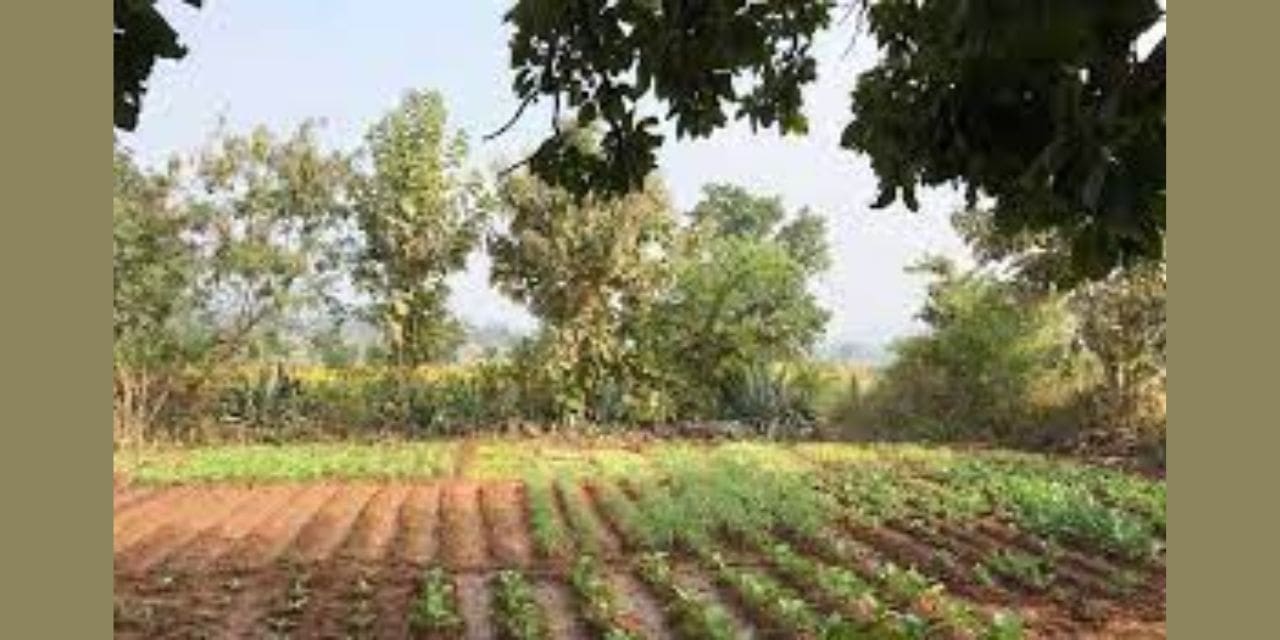Under a project by Good Textiles Foundation, each family of a small village community of organic farmers got a cow from the donations received.
Notably, the herd of 50 animals helps with farming, gives milk, produces sufficient natural fertiliser and should soon provide higher crop yields and a better income.
In 2016, the Good Textiles Foundation was established by Dibella with the aim of making textile value chains more sustainable. It raises funds and implements its own support projects to benefit people at all stages of the textile economy.
The most recent project, ‘One cow for every family’, has now taken the first, important intermediate step as 50 cows arrived in the small village of Aliguda Village (Utnoor Division, Adilabad, Telangana) at the beginning of June.
Dibella India is a Bengaluru-based sustainable apparel manufacturing company, supporting farmers through various initiatives.
The 50 cows donated by the Good Textiles Foundation were received with great respect in Aliguda Village. Importantly, in the future, they will contribute to a more sustainable income in each smallholder family.
“Some of our organic cotton is grown on the farms of the village community managed by the smallholder organisation Chetna Organic. During the filming of the German documentary ‘plan b’, the farmers told us that they need more natural fertiliser to cultivate their fields ecologically and economically. The biggest wish of each family is therefore a cow. However, they cannot afford this because of the high price of the equivalent of €300. That’s how the idea for our next sponsorship project was born,” Says Ralf Hellmann, MD, Dibella and member of the foundation’s board of directors.
On the advice of Chetna Organic, the foundation’s advisory board refrained from buying a smaller herd for all the villagers and decided instead to purchase a cow for each family and draw lots for them amongst the residents. “Sharing the animals would have unnecessarily caused trouble and unrest in the small village, where everyone depends on each other,” said Hellmann. “Now, each individual cow gives the 50 small farmers of Aliguda Village the opportunity to optimally integrate them into their own family business.”

